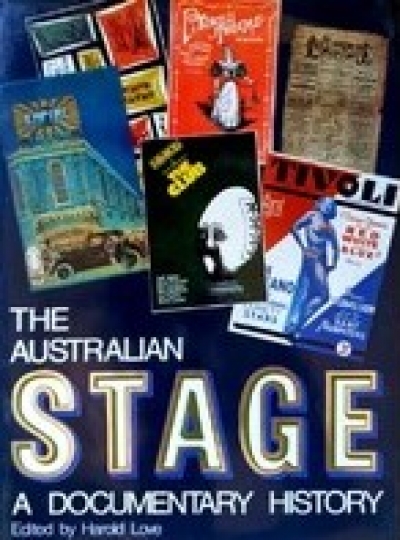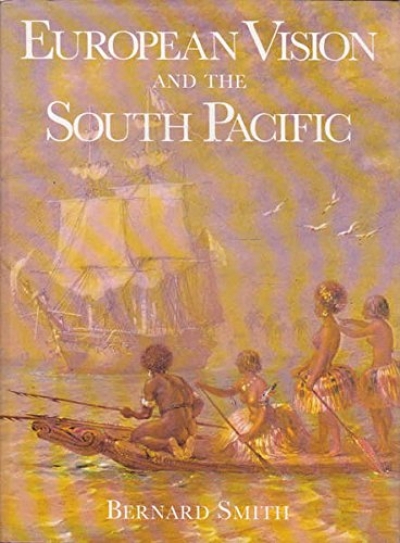Accessibility Tools
- Content scaling 100%
- Font size 100%
- Line height 100%
- Letter spacing 100%
Archive
The ABR Podcast
Released every Thursday, the ABR podcast features our finest reviews, poetry, fiction, interviews, and commentary.
Subscribe via iTunes, Stitcher, Google, or Spotify, or search for ‘The ABR Podcast’ on your favourite podcast app.
‘Where is Nancy?’ Paradoxes in the pursuit of freedom
by Marilyn Lake
This week on The ABR Podcast, Marilyn Lake reviews The Art of Power: My story as America’s first woman Speaker of the House by Nancy Pelosi. The Art of Power, explains Lake, tells how Pelosi, ‘a mother of five and a housewife from California’, became the first woman Speaker of the United States House of Representatives. Marilyn Lake is a Professorial Fellow at the University of Melbourne. Listen to Marilyn Lake’s ‘Where is Nancy?’ Paradoxes in the pursuit of freedom’, published in the November issue of ABR.
Recent episodes:
Transgressions edited by Don Anderson & The Australian Short Story by Laurie Hergenhan
Books flow steadily from the northern to the southern hemisphere through the traditional conduits of empire. To get them to flow back the other way is difficult but it can be done. The real task though, it seems to me, is to overhaul the plumbing so that writing and writers can flourish, and that’s a long haul.
... (read more)The Australian Stage edited by Harold Love & Reverses by Marcus Clarke, edited by Dennis Davison
When the Writers’ Week organisers asked me to come and talk on a panel of literary agents, I naturally asked what they wanted me to talk about. (I knew that jokey anecdotes about publishers, writers, and agents would be just the thing; I also knew that my delivery would fall horribly flat, even if I could remember any.)
It was suggested that I might talk about pitfalls for writers – a subject on which literary agents can wax lyrical for hours – but that seemed slightly arrogant from where I sit, and I began to think of pitfalls for agents. And from there I started to think about what agents can and can’t do, how useful we are or aren’t, and by the time I’d thought all that through, I had the bones of what I wanted to talk about.
... (read more)Now we are in the season of missed and mellow fruitfulness. The mellow fruitfulness belongs to the winners of literary awards and literary grants. The missed are those who are eternally short listed but never ascend the throne. Of course, some books shortlisted never have a chance of winning. They are put there for encouragement, minor recognition, sometimes tokenism.
... (read more)









